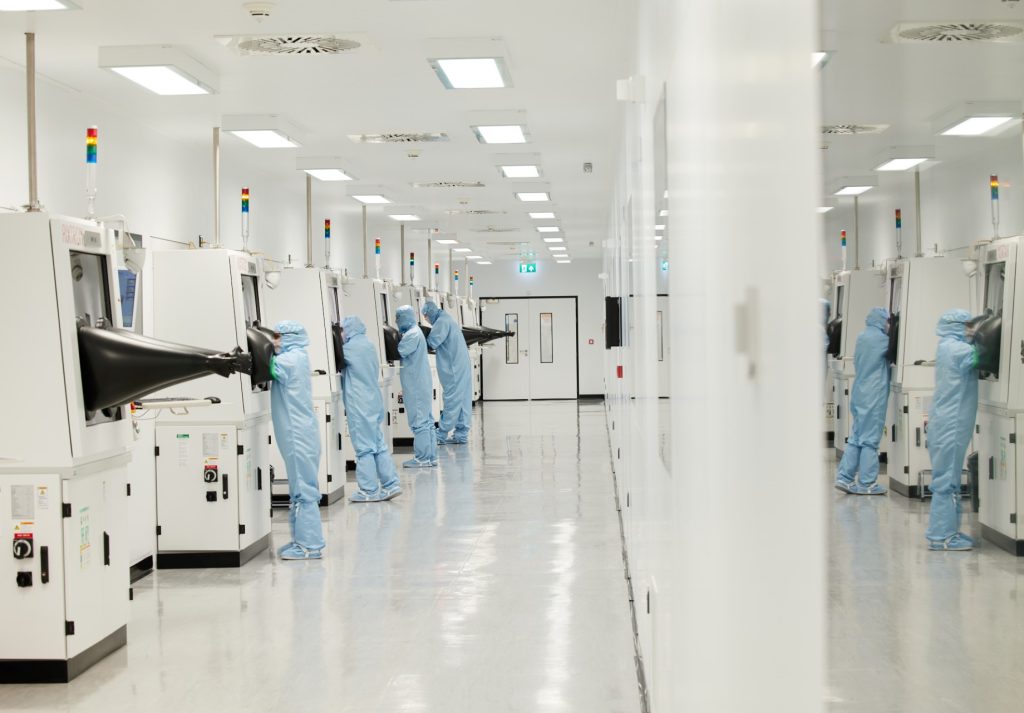In this exclusive op-ed for The Manufacturer, Prof. Wyn Meredith, Chair of CSconnected and founding director of the Compound Semiconductor Centre, argues that the UK’s compound semiconductor industry—anchored by South Wales’ CSconnected cluster—is a globally significant driver of innovation, jobs, exports, and economic growth, but requires urgent, sustained investment and government support to secure the nation’s…
This content is for subscribers only. Subscribe now for free to read the full article.
Already a subscriber? Login

